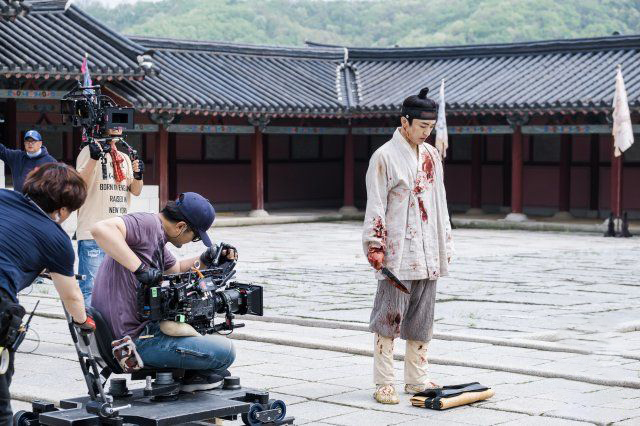The success of Korean K-series, also known as Korean dramas, can be attributed to a combination of factors. Lets try to understand the reasons:
Engaging Story lines: One of the most important factors in the success of K-series is the compelling story lines that they offer. Many K-dramas have intricate plots that keep viewers engaged and invested in the characters.

Unique Cultural Elements: They often showcase unique cultural elements such as Korean customs, traditions, and food. These elements add a distinct flavor to the shows, making them stand out from other dramas.

Talented Actors: They feature some of the best actors in the industry who are known for their exceptional performances. Korean actors are often praised for their ability to convey emotions, making the characters feel more relatable to viewers.

High Production Value: K-dramas are known for their high production value. From the music to the cinematography, everything is done to perfection. This attention to detail creates a visually stunning experience for viewers.

Global Reach: With the rise of streaming platforms like Netflix and Viki, they become more accessible to a global audience. Fans from all over the world can now watch and enjoy Korean dramas, leading to a massive increase in popularity.

Marketing: They are often marketed heavily, using various strategies to promote the show. The use of social media, merchandise, and fan events all contribute to the success of K-series.
It seems that the success of Korean K-series can be attributed to that combination of factors, including engaging story lines, unique cultural elements, talented actors, high production value, global reach, and effective marketing.

